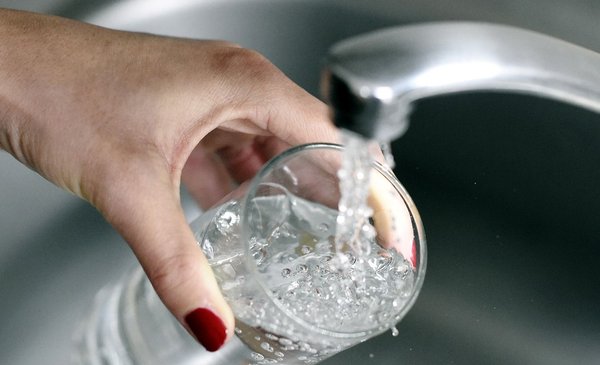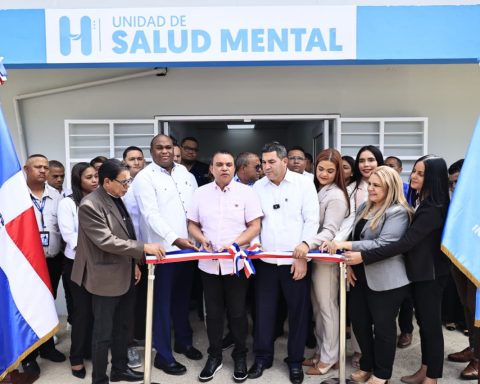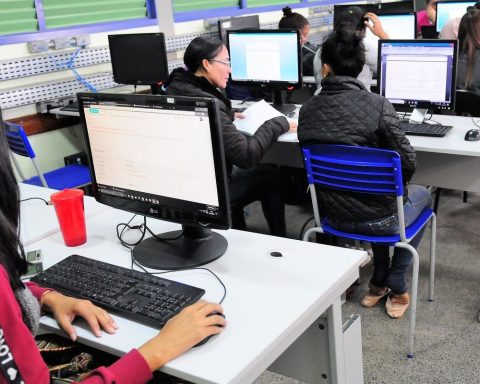state company State Sanitary Works (SBI) asked the Ministry of Public Health (MSP) for authorization to increase salinity levels againsomething that he had already executed at the end of April due to the drought that the country is going through.
At the end of April, the state entity announced that would increase the doses of sodium and chloride in the water. At that moment, sodium went from 200 mg/L to 280 mg/L, while chloride went from 280 mg/L to 450 mg/L.
As the fresh water reserves are affected by the water deficit, it was necessary to resort to other sources of water, hence the increased salinity. Although the authorities remarked that this increase would have no health effects and that it would only alter the taste, smell or color of the water, now OSE requested authorization from the MSP to once again increase the sodium and chloride levels.
The new figures requested were, exceptionally, of 700 mg/L for chlorides and 400 mg/L for sodiumas announced by the Minister of Public Health, Karina Rando, at a press conference.
Rando insisted that this measure It will not have effects on the health of the general population, although it did issue recommendations for people who have arterial hypertensionparticularly in severe form, or renal problems.
“They are not values that affect health. Sodium and chlorine are values that in our country are recommended up to a certain value, but not precisely because they affect health, but because they actually affect the conditions called electrical organs: that is, of the taste, smell or color that water may have,” said the Minister of Public Health, who recalled that the portfolio she directs has the power to enable exceptions to these values.
Since OSE increased salinity, the MSP monitors the values daily and “has not had the need to report risk to the population because the water was completely safe to consume,” said the chief.
However, he commented that this Thursday OSE asked to increase the values. “It has not been seen as a health problem for the general population”he claimed.
But he added: “As we get closer to values of 400 mg/L or 500 mg/L and the percentage of salt that is included in the diet, especially in patients with diseases such as severe high blood pressure or kidney failureit’s already a higher percentage that we add to the diet.”
“These patients have a restriction in salt intake and we are adding a little salt. If we take into account that they consume approximately 2.5 grams or 3 grams of salt per day and we add 0.4 grams or 0.5 grams could be significant“, he explained.
In this way, he recommended to those patients who have “very strict diets” check your blood pressure “more frequently” and, if you can, drink bottled water.
“If they see that there is an alteration (in pressure) that they consult a doctor,” Rando suggested, although he insisted that this recommendation is directed at a “small fraction of the population.”

















